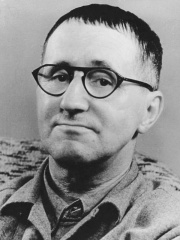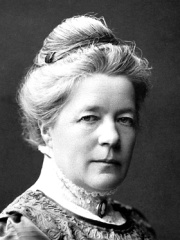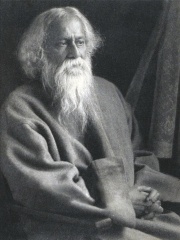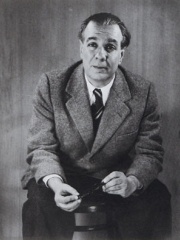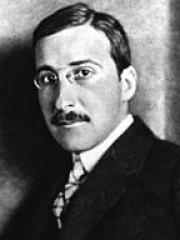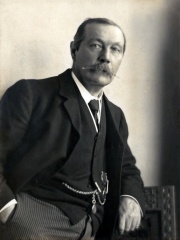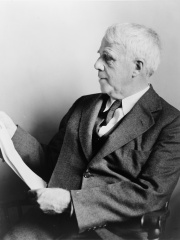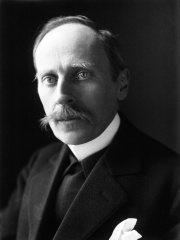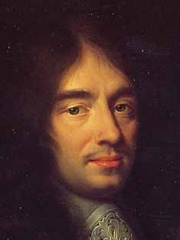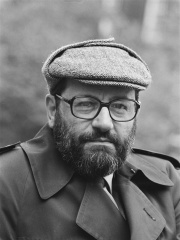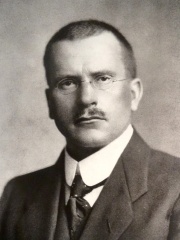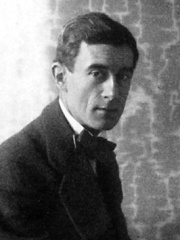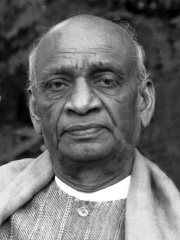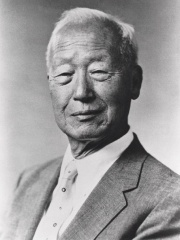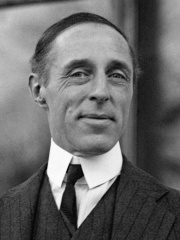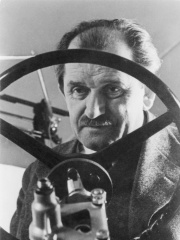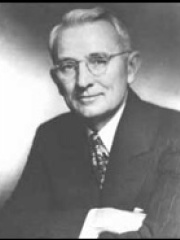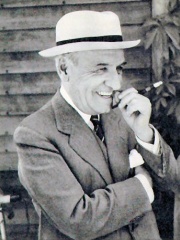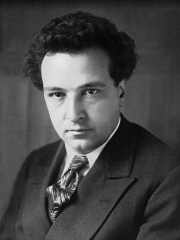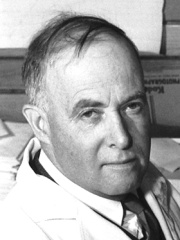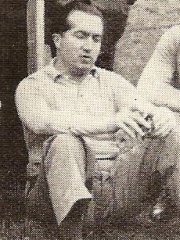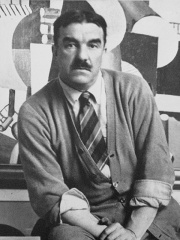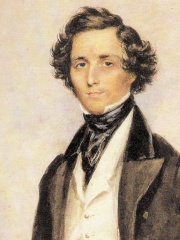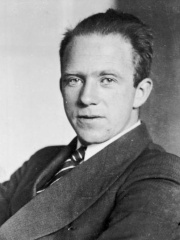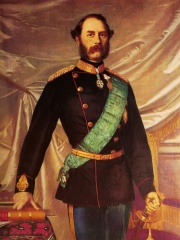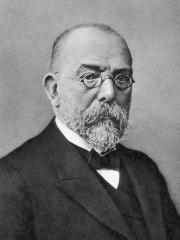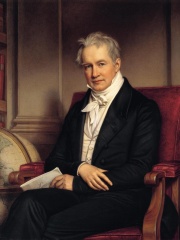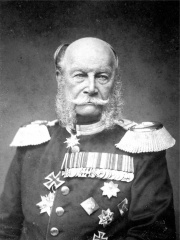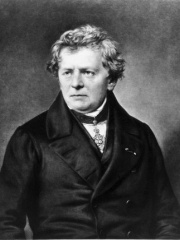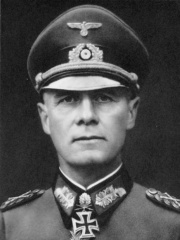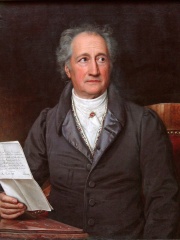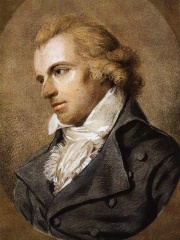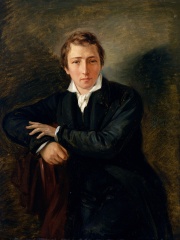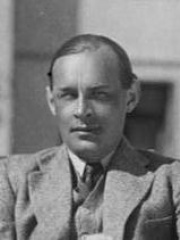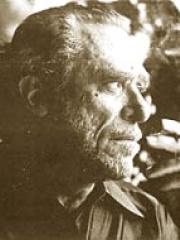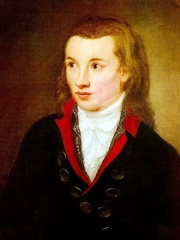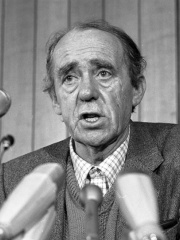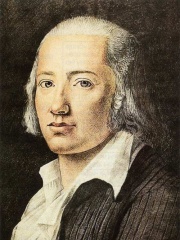Writer
Thomas Mann
1875 - 1955
EN.WIKIPEDIA PAGE VIEWS (PV)

 Thomas Mann
Thomas Mann
His biography is available in 119 different languages on Wikipedia (up from 117 in 2024). Thomas Mann is the 70th most popular writer (down from 53rd in 2024), the 53rd most popular biography from Germany (down from 37th in 2019) and the 6th most popular German Writer.
Thomas Mann is most famous for his novel "The Magic Mountain."
Memorability Metrics
Page views of Thomas Mann by language
Among Writers
Among writers, Thomas Mann ranks 70 out of 7,302. Before him are Aeschylus, Bertolt Brecht, Selma Lagerlöf, Rabindranath Tagore, Jorge Luis Borges, and Stefan Zweig. After him are Arthur Conan Doyle, Robert Frost, Romain Rolland, Charles Perrault, Umberto Eco, and Giacomo Casanova.
Most Popular Writers in Wikipedia
Go to all RankingsAeschylus
525 BC - 456 BC
HPI: 83.66
Rank: 64
Bertolt Brecht
1898 - 1956
HPI: 83.64
Rank: 65
Selma Lagerlöf
1858 - 1940
HPI: 83.47
Rank: 66
Rabindranath Tagore
1861 - 1941
HPI: 83.47
Rank: 67
Jorge Luis Borges
1899 - 1986
HPI: 83.40
Rank: 68
Stefan Zweig
1881 - 1942
HPI: 83.35
Rank: 69
Thomas Mann
1875 - 1955
HPI: 83.34
Rank: 70
Arthur Conan Doyle
1859 - 1930
HPI: 83.22
Rank: 71
Robert Frost
1874 - 1963
HPI: 83.18
Rank: 72
Romain Rolland
1866 - 1944
HPI: 83.15
Rank: 73
Charles Perrault
1628 - 1703
HPI: 83.14
Rank: 74
Umberto Eco
1932 - 2016
HPI: 83.13
Rank: 75
Giacomo Casanova
1725 - 1798
HPI: 83.07
Rank: 76
Contemporaries
Among people born in 1875, Thomas Mann ranks 2. Before him is Carl Jung. After him are Maurice Ravel, Aleister Crowley, Vallabhbhai Patel, Syngman Rhee, Rainer Maria Rilke, Albert Schweitzer, D. W. Griffith, Ibn Saud, Ferdinand Porsche, and Jeanne Calment. Among people deceased in 1955, Thomas Mann ranks 3. Before him are Albert Einstein, and Alexander Fleming. After him are James Dean, Dale Carnegie, José Ortega y Gasset, Arthur Honegger, Sadako Sasaki, James B. Sumner, Alberto Ascari, Fernand Léger, and Pierre Teilhard de Chardin.
Others Born in 1875
Go to all RankingsCarl Jung
PSYCHOLOGIST
1875 - 1961
HPI: 85.60
Rank: 1
Thomas Mann
WRITER
1875 - 1955
HPI: 83.34
Rank: 2
Maurice Ravel
COMPOSER
1875 - 1937
HPI: 83.16
Rank: 3
Aleister Crowley
OCCULTIST
1875 - 1947
HPI: 83.14
Rank: 4
Vallabhbhai Patel
POLITICIAN
1875 - 1950
HPI: 82.30
Rank: 5
Syngman Rhee
POLITICIAN
1875 - 1965
HPI: 81.11
Rank: 6
Rainer Maria Rilke
WRITER
1875 - 1926
HPI: 80.94
Rank: 7
Albert Schweitzer
PHYSICIAN
1875 - 1965
HPI: 80.49
Rank: 8
D. W. Griffith
FILM DIRECTOR
1875 - 1948
HPI: 79.78
Rank: 9
Ibn Saud
POLITICIAN
1875 - 1953
HPI: 79.58
Rank: 10
Ferdinand Porsche
DESIGNER
1875 - 1951
HPI: 78.49
Rank: 11
Jeanne Calment
CELEBRITY
1875 - 1997
HPI: 78.45
Rank: 12
Others Deceased in 1955
Go to all RankingsAlbert Einstein
PHYSICIST
1879 - 1955
HPI: 94.83
Rank: 1
Alexander Fleming
BIOLOGIST
1881 - 1955
HPI: 84.76
Rank: 2
Thomas Mann
WRITER
1875 - 1955
HPI: 83.34
Rank: 3
James Dean
ACTOR
1931 - 1955
HPI: 78.85
Rank: 4
Dale Carnegie
WRITER
1888 - 1955
HPI: 76.57
Rank: 5
José Ortega y Gasset
PHILOSOPHER
1883 - 1955
HPI: 74.71
Rank: 6
Arthur Honegger
COMPOSER
1892 - 1955
HPI: 74.62
Rank: 7
Sadako Sasaki
SOCIAL ACTIVIST
1943 - 1955
HPI: 74.55
Rank: 8
James B. Sumner
CHEMIST
1887 - 1955
HPI: 74.11
Rank: 9
Alberto Ascari
RACING DRIVER
1918 - 1955
HPI: 74.05
Rank: 10
Fernand Léger
PAINTER
1881 - 1955
HPI: 73.96
Rank: 11
Pierre Teilhard de Chardin
PHILOSOPHER
1881 - 1955
HPI: 73.85
Rank: 12
In Germany
Among people born in Germany, Thomas Mann ranks 53 out of NaN. Before him are Felix Mendelssohn (1809), Werner Heisenberg (1901), Christian IX of Denmark (1818), Robert Koch (1843), Marlene Dietrich (1901), and Alexander von Humboldt (1769). After him are Gerd Müller (1945), William I, German Emperor (1797), Adolf Eichmann (1906), Georg Ohm (1789), Hildegard of Bingen (1098), and Erwin Rommel (1891).
Others born in Germany
Go to all RankingsFelix Mendelssohn
COMPOSER
1809 - 1847
HPI: 83.51
Rank: 47
Werner Heisenberg
PHYSICIST
1901 - 1976
HPI: 83.50
Rank: 48
Christian IX of Denmark
POLITICIAN
1818 - 1906
HPI: 83.50
Rank: 49
Robert Koch
PHYSICIAN
1843 - 1910
HPI: 83.47
Rank: 50
Marlene Dietrich
ACTOR
1901 - 1992
HPI: 83.42
Rank: 51
Alexander von Humboldt
GEOGRAPHER
1769 - 1859
HPI: 83.38
Rank: 52
Thomas Mann
WRITER
1875 - 1955
HPI: 83.34
Rank: 53
Gerd Müller
SOCCER PLAYER
1945 - 2021
HPI: 83.25
Rank: 54
William I, German Emperor
POLITICIAN
1797 - 1888
HPI: 83.14
Rank: 55
Adolf Eichmann
MILITARY PERSONNEL
1906 - 1962
HPI: 83.12
Rank: 56
Georg Ohm
PHYSICIST
1789 - 1854
HPI: 83.08
Rank: 57
Hildegard of Bingen
RELIGIOUS FIGURE
1098 - 1179
HPI: 83.03
Rank: 58
Erwin Rommel
MILITARY PERSONNEL
1891 - 1944
HPI: 82.62
Rank: 59
Among Writers In Germany
Among writers born in Germany, Thomas Mann ranks 6. Before him are Johann Wolfgang von Goethe (1749), Anne Frank (1929), Hermann Hesse (1877), Friedrich Schiller (1759), and Bertolt Brecht (1898). After him are Heinrich Heine (1797), Erich Maria Remarque (1898), Charles Bukowski (1920), Novalis (1772), Heinrich Böll (1917), and Friedrich Hölderlin (1770).
Johann Wolfgang von Goethe
1749 - 1832
HPI: 90.96
Rank: 1
Anne Frank
1929 - 1945
HPI: 85.31
Rank: 2
Hermann Hesse
1877 - 1962
HPI: 85.13
Rank: 3
Friedrich Schiller
1759 - 1805
HPI: 84.57
Rank: 4
Bertolt Brecht
1898 - 1956
HPI: 83.64
Rank: 5
Thomas Mann
1875 - 1955
HPI: 83.34
Rank: 6
Heinrich Heine
1797 - 1856
HPI: 81.96
Rank: 7
Erich Maria Remarque
1898 - 1970
HPI: 81.94
Rank: 8
Charles Bukowski
1920 - 1994
HPI: 80.23
Rank: 9
Novalis
1772 - 1801
HPI: 79.08
Rank: 10
Heinrich Böll
1917 - 1985
HPI: 79.08
Rank: 11
Friedrich Hölderlin
1770 - 1843
HPI: 78.31
Rank: 12

